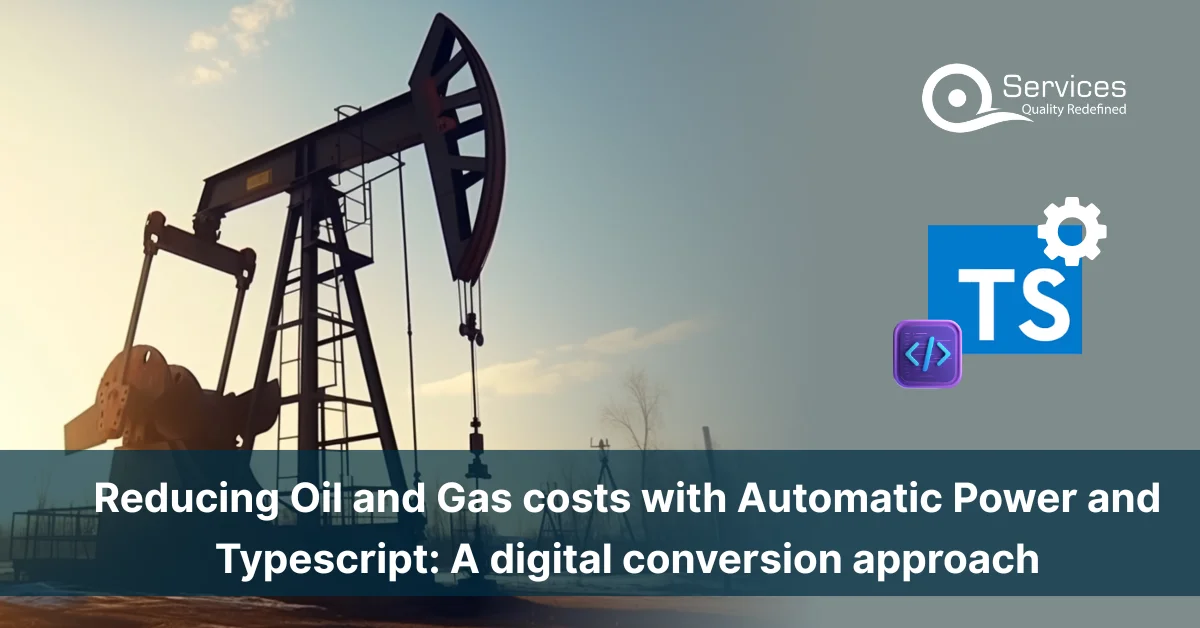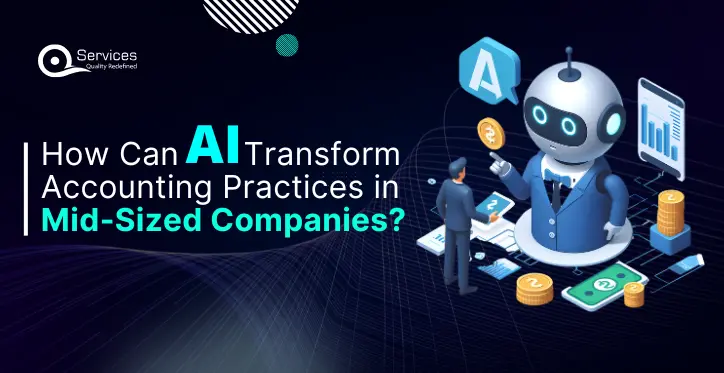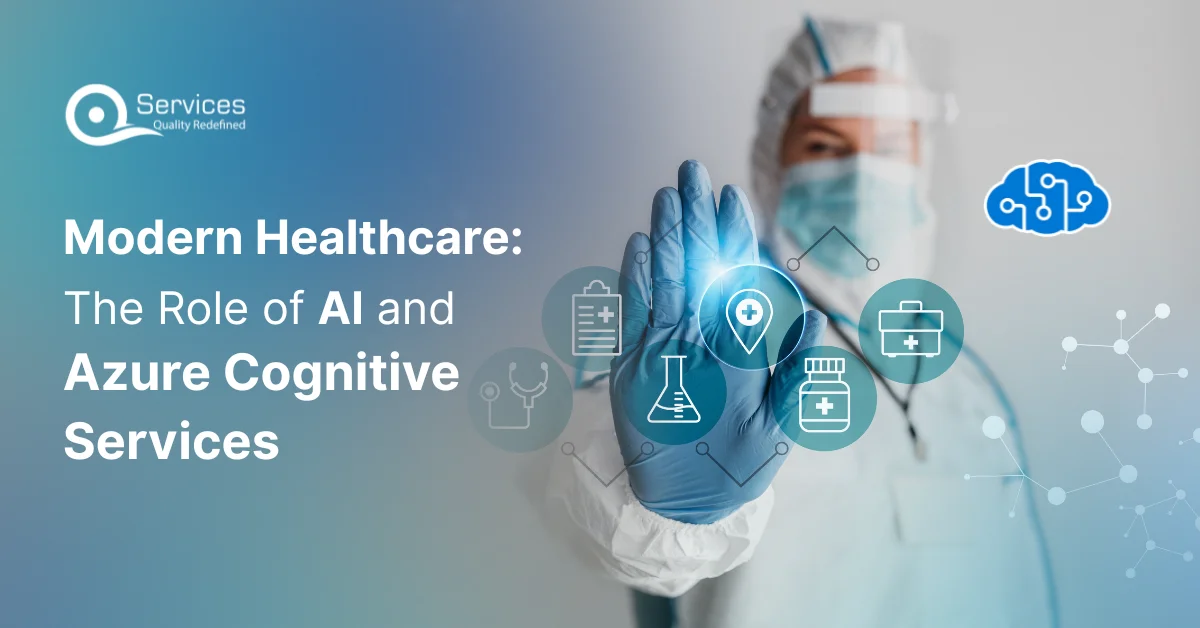
Rewards
.





CANADA
55 Village Center Place, Suite 307 Bldg 4287,
Mississauga ON L4Z 1V9, Canada
Certified Members:
.



Home » How Can AI Transform Accounting Practices in Mid-Sized Companies?

How Is AI Transforming the Financial Industry? And Can It Help Accountants Become More Efficient?
For mid-sized companies, it’s a constant struggle to do more with fewer resources while competing in an ever-evolving market, these pressing questions about artificial intelligence (AI) in the financial industry are more relevant than ever.
Running an accounting firm can be tough, especially for mid-sized companies with limited resources. But using AI for accounting could be the secret weapon to give them an edge. Imagine AI taking care of tasks like managing accounts payable, reconciling transactions, or tracking expenses—leaving your team free to focus on more complex, value-driven work. A Gartner survey reveals that 58% of finance departments are already on the AI bandwagon in 2024, proving it’s more than just a buzzword.
In this blog, we’ll discuss how is AI used in accounting and how it can transform accounting practices in mid-sized companies.
For many mid-sized accounting firms, the challenge isn’t a lack of work—it’s managing the sheer volume of routine tasks that bog down the team. With AI in accounting, these repetitive tasks like bookkeeping and reconciliation are no longer something your accountants need to spend hours on. AI handles them, and this frees up time to focus on more strategic business moves, like improving financial forecasting or offering advisory services to clients.
AI for accountants isn’t just a cool trend—it’s changing the way firms work. By taking over routine tasks, AI helps accountants work faster and focus on high-level work that brings more value. A couple of key AI technologies leading the way are:
It looks at historical data to predict trends and detect issues like fraud or cash flow problems, helping accountants stay ahead of the game
NLP enables AI to easily scan and understand financial documents—like invoices or contracts—so accountants don’t have to spend hours on them.
In AI B2B accounting, RPA takes care of routine administrative tasks, such as data entry, freeing accountants to focus on higher-level analysis and strategy.
Generative AI tools are now capable of drafting complex financial reports based on real-time data, improving the speed and accuracy of financial reporting.
AI-powered tools can help accounting firms deliver faster, more accurate financial insights, helping clients make informed business decisions.
Thanks to QuickBooks AI and other accounting AI tools, tasks like categorizing transactions or tracking expenses are now automated. This means accountants don’t have to waste time on the basics and can focus on higher-level analysis and planning.
Auditing has become much faster with AI. Tools powered by AI help auditors examine large data sets, quickly identifying mistakes, fraud, or inconsistencies that would take far longer to detect manually.
Accounting AI Chatbots can automatically generate accurate, up-to-date financial reports, which are essential for maintaining compliance and making smart decisions.
Using AI in accounting allows mid-sized firms to save time, reduce errors, and make smarter decisions—helping them stay competitive in an ever-changing market.
For mid-sized accounting firms, AI-based accounting software is the ultimate tool for overcoming resource constraints while delivering top-tier services. Let’s explore how AI for accounting firms works to improve efficiency and competitiveness:
By automating everyday tasks like bookkeeping, financial reconciliation, and tax filings with AI-based accounting software, firms can free up accountants to focus on more strategic, value-driven activities such as business analysis and client advisory.
AI in accounting helps mid-sized firms save money by automating low-value, manual tasks reducing labor costs, minimizing errors, and increasing the overall operational efficiency.
By adopting AI in accounting firms, mid-sized companies can offer services like detailed financial analysis, smarter forecasting, and better risk management, this helps them to stand out from competitors who only provide basic accounting.
Financial reporting AI bots can generate up-to-the-minute, accurate reports, which help improve client service and satisfaction. Real-time data allows firms to offer personalized insights that build stronger client relationships.
Automating repetitive tasks with AI in accounting frees up valuable time, this enable mid sized companies to focus on scaling their business and enhancing client service, which accelerates overall firm growth.
Get free Consultation and let us know your project idea to turn into an amazing digital product.
AI is helping healthcare providers automate tasks like billing, payments, and fraud detection, saving time and money. AI can even flag unusual billing patterns, which helps providers spot fraud quickly.
For mid-sized retailers, AI is great for managing stock levels, forecasting sales, and analyzing customer behavior. AI can predict stock needs, so you don’t end up with too much or too little. It also helps businesses make smart pricing decisions, improving sales and profitability.
In the manufacturing world, AI helps businesses track costs, optimize production, and automate financial tasks. AI can suggest ways to cut costs and make processes more efficient, plus it automates financial reporting to keep things compliant and save time.
AI is helping banks by automating financial reporting, detecting fraud, and forecasting market trends. For mid-sized banks, AI can quickly spot suspicious activity in transactions and help predict market movements, giving banks the insights they need to make better decisions.
Implementing accounting automation AI can really boost your business, but it does come with some challenges, especially for mid-sized companies. Let’s break down some common roadblocks and how to deal with them:
By tackling these challenges with the right strategies, mid-sized businesses can successfully implement accounting automation AI and reap the benefits of more efficient, cost-effective accounting processes.
In order to successfully integrating AI into your accounting processes can make a huge difference in efficiency and accuracy. Here’s a practical, step-by-step guide to make the transition smooth:
AI is already changing the way accounting works, and it’s only going to get better. Over the next 5-10 years, here’s how it’s going to evolve:
AI is already taking care of repetitive tasks like data entry, invoice processing, and categorizing transactions. In the next decade, we’ll see even more automation. This means accountants can stop wasting time on the routine stuff and focus on the fun, strategic work that adds real value.
AI will help accountants understand financial data more deeply. Instead of just looking at numbers, AI will help predict trends, identify risks early, and make financial forecasting more accurate. Making businesses can take smarter decisions efficiently.
AI will help accountants get even more personal with their clients. By analyzing a client’s financial situation, AI will help create tailored advice and plans that are unique to each person or business. Leading to stronger relationships and better financial outcomes for clients.
No, AI won’t replace accountants. What it will do is take over the repetitive tasks that take up so much time. Accountants will still be needed to make important decisions, provide expert advice, and guide businesses strategically. AI will just give them more time to do the things only humans can do.

A few exciting new technologies are coming down the pipeline:
Expect even more firms to adopt cloud-based solutions. These let you access financial data anytime, anywhere, and make it easier to collaborate with teams in real-time.
is becoming a big deal because it makes financial transactions more secure and transparent. This will also speed up audits and reduce fraud.
These are becoming more common and will handle basic client questions, so accountants don’t have to waste time on them.
RPA will automate the small tasks like data entry and transaction processing, making accounting quicker and more accurate.
Mid-sized businesses can really benefit from AI’s ability to automate tedious tasks, cut down on errors, and speed up operations. This leads to more time for your team to focus on what really matters—driving growth, making smarter decisions, and staying competitive in a fast-changing world. AI makes accounting work easier and more efficient, so your business can thrive.

The combination of Microsoft AI, Azure Health Insights, and Azure Cognitive Services is transforming healthcare by allowing smarter and efficient decision-making based on data. These technologies can fundamentally change the conventional practices of healthcare by taking new approaches to enhance

Microsoft Azure and Azure Cosmos DB offer a powerful combination of cloud services and database solutions specifically designed to address the unique security challenges in healthcare.

Pipeline failures can be expensive and harmful to the environment. Companies are using IoT applications in the oil and gas industry to prevent these breakdowns and stay ahead of problems.
Costs include software and hardware investments, consulting fees, training expenses, and ongoing maintenance. organizations manage onsite service operations. It integrates workflow automation, scheduling algorithms, and mobile capabilities to ensure technicians are equipped to succeed when serving customers.
AI can be integrated with ERP systems through APIs, custom integrations, and by selecting AI solutions designed for seamless compatibility with existing ERP platforms.
AI improves efficiency by reducing manual work, speeding up processes, and minimizing errors.
Yes, AI can analyze historical data to provide accurate financial forecasts and predictive analytics.
AI uses machine learning and optical character recognition (OCR) to automatically extract and process data from invoices and other documents.
AI detects fraud by analyzing transaction patterns, identifying anomalies, and flagging suspicious activities for further investigation.
Implement strong data governance policies, use AI solutions with built-in security features, regularly update security protocols, and conduct audits.
AI analyzes large datasets to identify trends, generate reports, and provide actionable insights for insightful decision-making.
While AI will automate many tasks, it will not fully replace accountants. Human expertise will still be essential for strategic planning and decision-making.
Emerging technologies include AI-powered chatbots, advanced machine learning algorithms, and blockchain integration for enhanced transparency and security.
Schedule a Customized Consultation. Shape Your Azure Roadmap with Expert Guidance and Strategies Tailored to Your Business Needs.
.





55 Village Center Place, Suite 307 Bldg 4287,
Mississauga ON L4Z 1V9, Canada
.




Founder and CEO

Chief Sales Officer

🎉 Thank you for your feedback! We appreciate it. 🙌